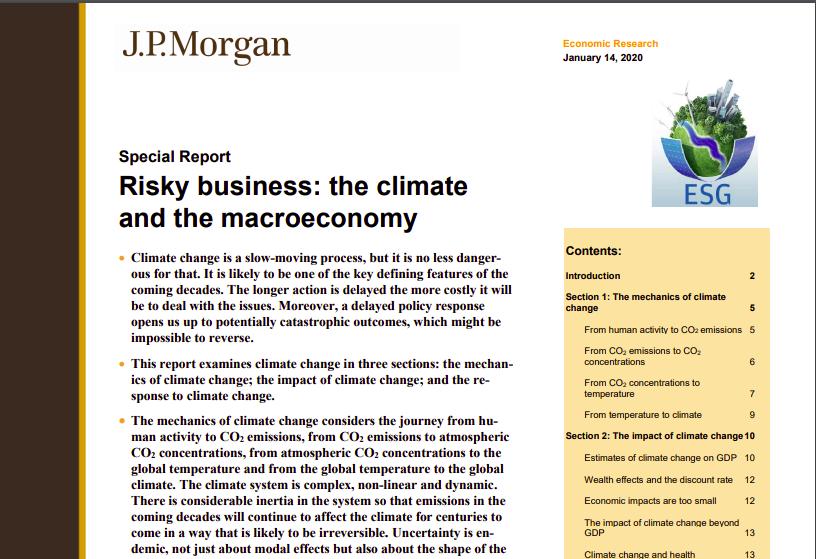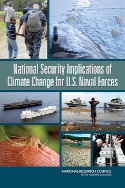The Ocean Sailing Club of the South
Climate Change
 social events
social events  gain experience
gain experience  build miles
build miles  join expeditions
join expeditions  yachtmaster training
yachtmaster training 
Sail Training
Sail Training...
Introduction to Sailing
$440
1 live-aboard weekend
Competent Crew
$880
2 live-aboard weekends
Yachtmaster Practical
$440
Exam Coaching live-aboard weekends
RYA Theory...
RYA Yachtmaster Theory
$990
3 weekends 8-4pm
RYA Yachtmaster Ocean Theory
$990
10 4-hr standalone modules
Ocean Sailing...
Mate of Watch Course will be available on the
Sydney-New Caledonia passage in September 2023
And again on the New Caledonia-Bundaberg passage in October
Yachtmaster Ocean Qualifier will be available on the
Sydney-New Caledonia passage in September 2023
And again on the New Caledonia-Bundaberg passage in October
* See pricing note at foot of page
 Important Information
Important Information
Sailing Calendar
What you get for your money
Training weekend information
Student reviews
Global Ethics
Training enquiry form
Your chosen video will show here
Watch selected YouTube videos on aspects of Climate Change
• Greenland's Icesheet melts - • Ocean Acidification - • Why climate change makes extreme weather worse
• How Greenhouse gases work - • DIY CO2 heat experiment
• Wow! Why are Plankton the Most Vital Organisms on Earth
• The Ocean Is Running Out of Fish. - • Crisis in the world's fisheries
• Methods for assessing world surface temperatures - • Ocean Surface air temperatures
JPMorgan's 2020 report:
Risky business: the climate and the macroeconomy (2020-01-14)
Click image to download the full report


Why we take Climate Change seriously
Rising sea level
If the most powerful military nation in the world is taking Climate Change seriously, then maybe we should be too?
Since 2011, the UK and US governments have been planning how to deal the political aspects of sea-level rise resulting from Climate Change.
Read the report National Security Implications for US Naval Forces. Page 43, for example says:
 "The CNA study of 2007 and the 2010 Quadrennial Defense Review (QDR) noted that climate change is likely to be an accelerant of instability. A similar document from the United Kingdom Ministry of Defence noted that climate change is “likely to be most severe where it coincides with other stresses such as poverty, demographic growth and resource shortages.”
"The CNA study of 2007 and the 2010 Quadrennial Defense Review (QDR) noted that climate change is likely to be an accelerant of instability. A similar document from the United Kingdom Ministry of Defence noted that climate change is “likely to be most severe where it coincides with other stresses such as poverty, demographic growth and resource shortages.”
Increasing mass migrations can occur as a result of resource shortfall, conflict, or sea-level rise, all of which are likely to increase with climate change. Recent estimates are that in 2050 the world’s population will be 9 billion people, and that 200 million people could be newly mobilized as climate migrants due to climate change effects.
These mass migration increases will not only affect the humanitarian assistance requirements of the naval forces, but could also result in instability as well as unrest and regional conflict. One possible outflow of these events is the evacuation of U.S. citizens in the impacted region and rendering of assistance in quelling unrest."
Have Climate Change predictions been realised over the last 20 years?
NASA study says yes
For decades, people have legitimately wondered how well climate models perform in predicting future climate conditions. Based on solid physics and the best understanding of the Earth system available, they skillfully reproduce observed data. Nevertheless, they have a wide response to increasing carbon dioxide levels, and many uncertainties remain in the details. The hallmark of good science, however, is the ability to make testable predictions, and climate models have been making predictions since the 1970s. How reliable have they been?
Now a new evaluation of global climate models used to project Earth’s future global average surface temperatures over the past half-century answers that question: most of the models have been quite accurate.
Read the report here




 * Important Note: As an Australian non-profit organisation, all transactions are deemed to take place in Australia and under NSW Law. The Ocean Sailing Club charges membership and product prices in Australian dollars, however The Club may accept payment in the local currency of where their yacht is at the time. The Club may refer to prices in currencies other than Australian dollars, those prices are indicative only of the actual Australian prices and are shown for comparison purposes
* Important Note: As an Australian non-profit organisation, all transactions are deemed to take place in Australia and under NSW Law. The Ocean Sailing Club charges membership and product prices in Australian dollars, however The Club may accept payment in the local currency of where their yacht is at the time. The Club may refer to prices in currencies other than Australian dollars, those prices are indicative only of the actual Australian prices and are shown for comparison purposes